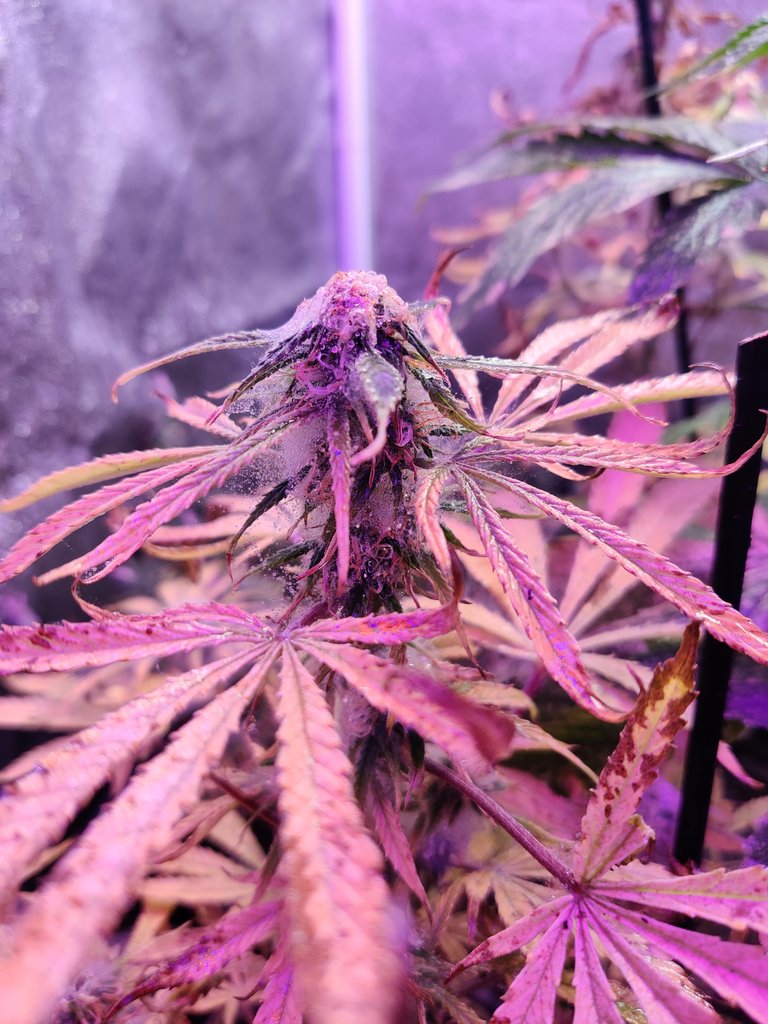The trade-free source
England, like France, discovered medical cannabis via its colonies. The news was imparted by a brilliant Irishborn, Edinburgh-educated physician named William Brooke O'Shaughnessy. The British East India Company sent O'Shaughnessy to Calcutta in the 1830s. He was a young star, having already won accolades for devising an effective treatment for cholera-electrolyte replacement therapy--which would give rise to intravenous drug delivery.
In India, O'Shaughnessy observed that doctors were using "gunjah" extracts to treat a wide range of medical problems, including some for which Western medicine had no useful treatments. He studied the relevant literature, conducted animal studies, and tested the effects of cannabis on himself before treating patients. In 1839 O'Shaughnessy presented his findings in a paper published in the Transactions of the Medical and Physical Society of Bengal: "On the Preparations of the Indian Hemp, or Gunjah (Cannabis Indica)."
At a hospital in Calcutta, O'Shaughnessy treated patients with rheumatism, hydrophobia, cholera, tetanus, and epilepsy "in which a preparation of Hemp was employed with results which seem to me to warrant our anticipating from its more extensive and impartial use no inconsiderable addition to the resources of the physician."
O'Shaughnessy's cannabis preparation-an alcohol extract-alleviated the symptoms of all three rheumatism patients in his clinical trial. Cannabis saved the lives of the tetanus patients (though one died of gangrene), and spared the hydrophobia patients the terrible agonies associated with rabies. It reduced diarrhea in the cholera patient. And as for the baby girl who was seen at 40 days with "infantile convulsion," O'Shaughnessy reported, "The child is now in the enjoyment of robust health and has regained her natural plump and happy appearance." O'Shaughnessy thought Indian hemp held greatest promise as an anticonvulsant.
In 1841 O'Shaughnessy returned to Great Britain carrying his message and, equally important, C. indicar seeds of the narrow-leaf drug type. Plants of the narrow-leaf hemp type had been widely grown for fiber in Britain, but the narrow-leaf drug type was hitherto unavailable. Its arrival, and the publication in 1843 of O'Shaughnessy's findings and recipes in the Provincial Medical Journal, enabled chemists to produce potent tinctures for use as doctors and patients saw fit. Western medicine had come to employ cannabis.
The use of cannabis derivatives for medicinal purposes spread rapidly throughout Western medicine," wrote Tod Mikuriya, MD, who collected and republished the early journal articles in Marijana: Medical Papers 1839-1972 Prestigious physicians noted its benefits, including Johns Hopkins University's William Osler, who prescribed cannabis as the first-line treatment for migraine headaches.
Back in India the British government undertook large-scale studies to investigate "deleterious effects alleged to be produced by the abuse of ganja." In 1894 an exhaustive Report of the Indian Hemp Drug Commission concluded: "The general opinion seems to be that the evil effects of ganja have been exaggerated."
Prescriptions for cannabis-based medicines peaked between 1890 and 1920 in the United States. Factors in the declining market share included competition from new and inexpensive synthetic medicines such as aspirin, injectable opiates and barbiturates, and a growing disdain for "crude" herbs.
Above all was the problem of inconsistent potency. As explained by the U.S. Dispensatory for 1926, "Because of the great variability in the potency of different samples of cannabis it is well nigh impossible to approximate the proper dose of any individual sample except by clinical trial. Because of occasional unpleasant symptoms from unusually potent preparations, physicians have generally been overcautious in the quantities administered." In other words, inconsistent potency led to fear of overdose, which led to too-weak cannabis preparations! This helps explain why American consumers did not protest when the federal government banned "marihuana" in 1937.
The only testimony against prohibition when Congress debated it came from William Woodward, MD, of the American Medical Association. Woodward argued, "The medicinal use of Cannabis, as you have been told, has decreased enormously. It is very seldom used... partially because of the uncertainty of the effects of the drug. That uncertainty has heretofore been attributed to variations in the potency of the preparations as coming from particular plants used... To say, however, as has been proposed here, that the use of the drug should be prevented by a prohibitive tax, loses sight of the fact that future investigation may show that there are substantial medical uses." How prescient!
In 1938 New York City Mayor Fiorello LaGuardia assigned the New York Academy of Medicine to investigate the claims on which federal marijuana prohibition was based. A blue-ribbon commission of scientists and physicians concluded that marijuana is not addictive and does not lead to insanity and violent crime. Copies of the "LaGuardia Commission Report" were bought up and destroyed by agents of the Federal Bureau of Narcotics.
In 1938 New York City Mayor Fiorello LaGuardia assigned the New York Academy of Medicine to investigate the claims on which federal marijuana prohibition was based. A blue-ribbon commission of scientists and physicians concluded that marijuana is not addictive and does not lead to insanity and violent crime. Copies of the "LaGuardia Commission Report" were bought up and destroyed by agents of the Federal Bureau of Narcotics.
the Beatles, presaging an era in which millions of young people around the world-especially soldiers and students-would start smoking marijuana, evaluating its effects for themselves, and questioning the government's claims.
[email protected] order for free only UK

Hi @cannabbee, Thank you for participating in the #teamuk curated tag. We have upvoted your quality content. For more information visit our discord https://discord.gg/8CVx2Am
I am using from my notes but I will keep to myself from now https://notes.trom.tf you can use it as well it is TRADE-FREE..
Yay! 🤗
Your content has been boosted with Ecency Points
Use Ecency daily to boost your growth on platform!
Support Ecency
Vote for new Proposal
Delegate HP and earn more, by @cannabbee.